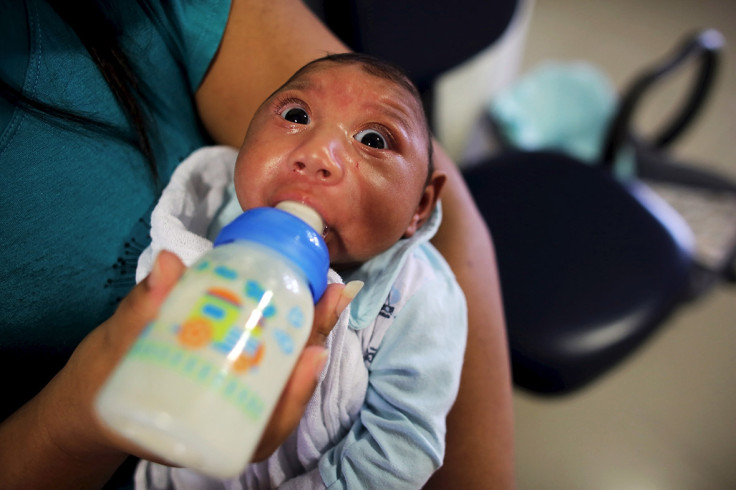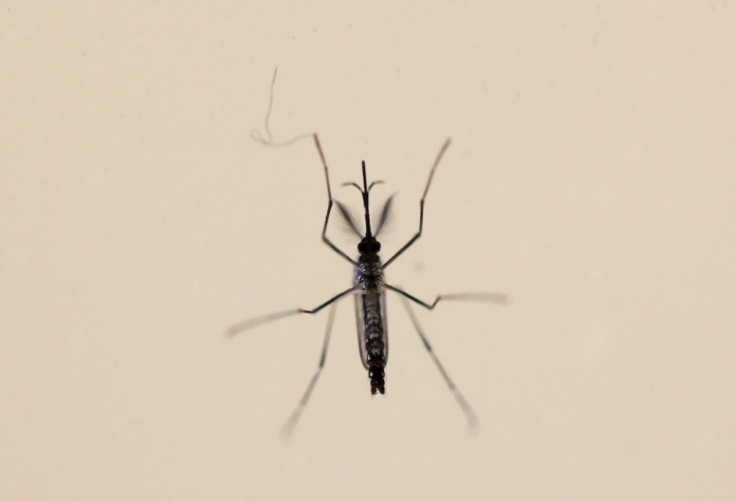Zika virus outbreak looms over Europe's summer, warns WHO
The risk of a Zika virus transmission in Europe for the late spring and summer is low to moderate across the region, the WHO has announced in a new interim risk assessment. This takes into account both the likelihood of a local virus transmission through mosquitoes, and countries' individual capacities to prevent and contain it.
The Zika virus outbreak began in the Americas in 2015. The mosquito Aedes aegypti is the primary Zika vector, but the Aedes albopictus has also been described as a potential vector for spread.
To assess the likelihood of a Zika virus outbreak in the absence of protective measures, WHO scientists have taken into account the presence of these two subtypes of Aedes mosquitoes, the climatic conditions, urbanisation and population density, as well as flight connections to and from Latin America.
Eighteen countries face "moderate likelihood"

In the 53 countries that are part of the WHO Europe region, only the island of Madeira (Portugal), and the North-Eastern region of the Black sea (the coastal regions of Georgia and the Russian Federation) face a high likelihood of local Zika transmission, due to the presence of Aedes aegypti mosquitoes.
Eighteen further countries are defined as having a "moderate likelihood" of transmission owing to the presence of Aedes albopictus mosquitoes, with France leading the table. "France has a moderate risk of Zika virus transmission because of its high population densities, in particular in the regions where Aedes albopictus is found," explained Dr Colleen Acosta, epidemiologist at the WHO's division of Communicable Diseases & Health Security.
Thirty-six countries are classified as having a "low likelihood", because the Aedes mosquito is not found in their territory and they do not have the climatic conditions necessary for an outbreak.
Protective measures

The WHO has also assessed each country's capacity to respond quickly to a potential transmission. This means that even though a country may experience a Zika-virus transmission, its individual national ability to contain it can greatly reduce the risk of people getting sick. The WHO estimates that 79% of countries have put in place good measures to avoid any outbreak.
"Some territories are at high or moderate likelihood of experiencing a transmission of the virus during spring and summer, but the measures they have put in place to detect the virus, train doctors and protect the public decreases their overall risk of an outbreak. This is why we say the overall risk is low or moderate," WHO officials point out.
In June, a meeting involving European countries will take place in Portugal to assess individual countries' needs and strengthen their capacity to respond to the threats posed by the virus. Among their recommendations, the WHO stresses the need to increase vector-control activities to prevent the introduction and spread of mosquitoes and to reduce breeding sites. Protection of pregnant women, including from sexual transmission, should be a priority.
Guidelines on travelling to Latin America are unlikely to change throughout the summer, with the WHO advising pregnant women to avoid the region.
Countries classified as having a "moderate likelihood" of a local Zika transmission, include: Montenegro, Bosnia and Herzegovina, Albania, Georgia, Slovenia, Romania, Bulgaria, Switzerland, Greece, Turkey, San Marino, Monaco, Spain, Israel, Croatia, Malta, Italy and France.
© Copyright IBTimes 2025. All rights reserved.






















